-
The Fundamental Difference Between Fantasy and Science Fiction
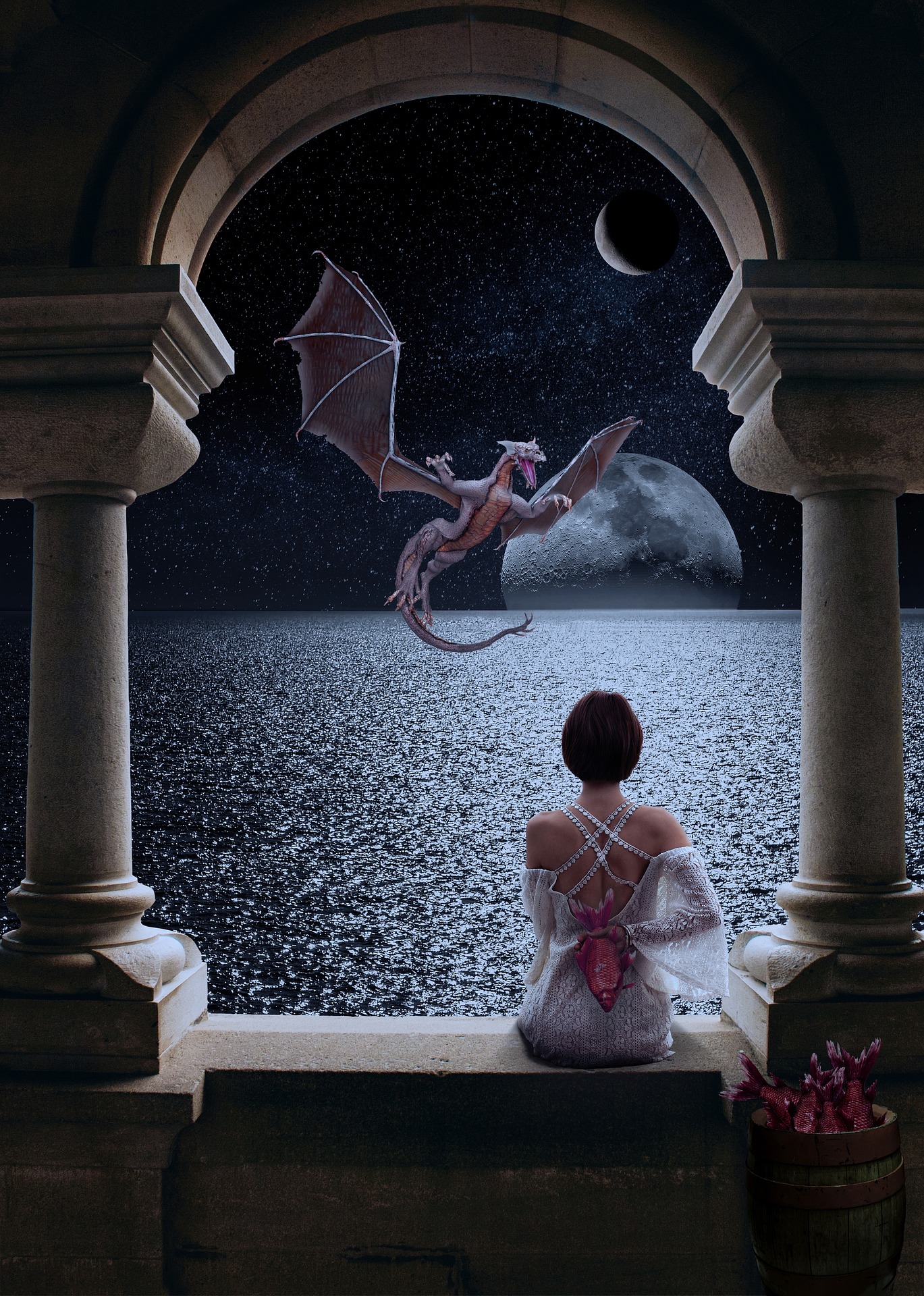
You’d be forgiven if you didn’t know the exact boundaries between fantasy and science fiction. Fans of one tend to be fans of the other, resulting in a lot of cross-pollination and blurring. It happens so often that they’re commonly grouped under the umbrella term “speculative fiction.” Any fan will tell you that science fiction
-
We Stress Reading Too Much

So I have a confession to make. I can’t remember the last time I read a novel for pleasure. The last book I chose to read was nonfiction. According to some fiction writers on the internet, I’ve failed at one of the first rules of being a serious writer — reading. Writers are supposed to
-
Goethe’s Three Criteria

If I learned nothing else from Professor Todd’s classes, it was Goethe’s Three Criteria. Though Johann Wolfgang von Goethe is best known as a poet and playwright, he also wrote criticism and is credited with developing a three-part critical framework. Professor Todd drilled these into our heads in his History of Theater classes. The written
-
Should Critiques Be Objective?
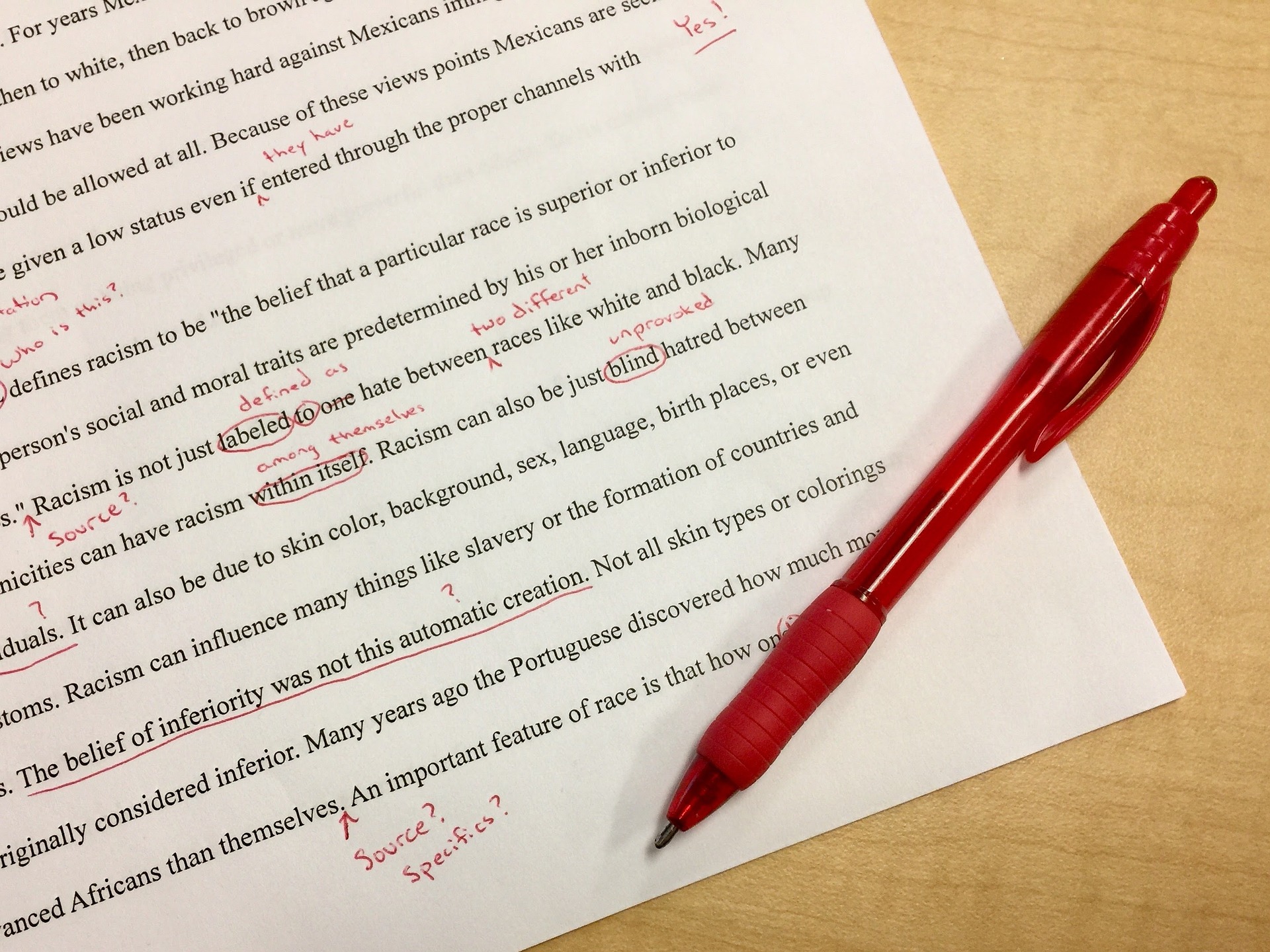
So I’ve been thinking about critiques lately, specifically whether or not these things can be objective. Is there an objective measure for how good a piece of art is? What this measure is will vary from medium to medium, but does the presence or involvement of this measure make the critique objective?
-
How Do I…? Dialogue
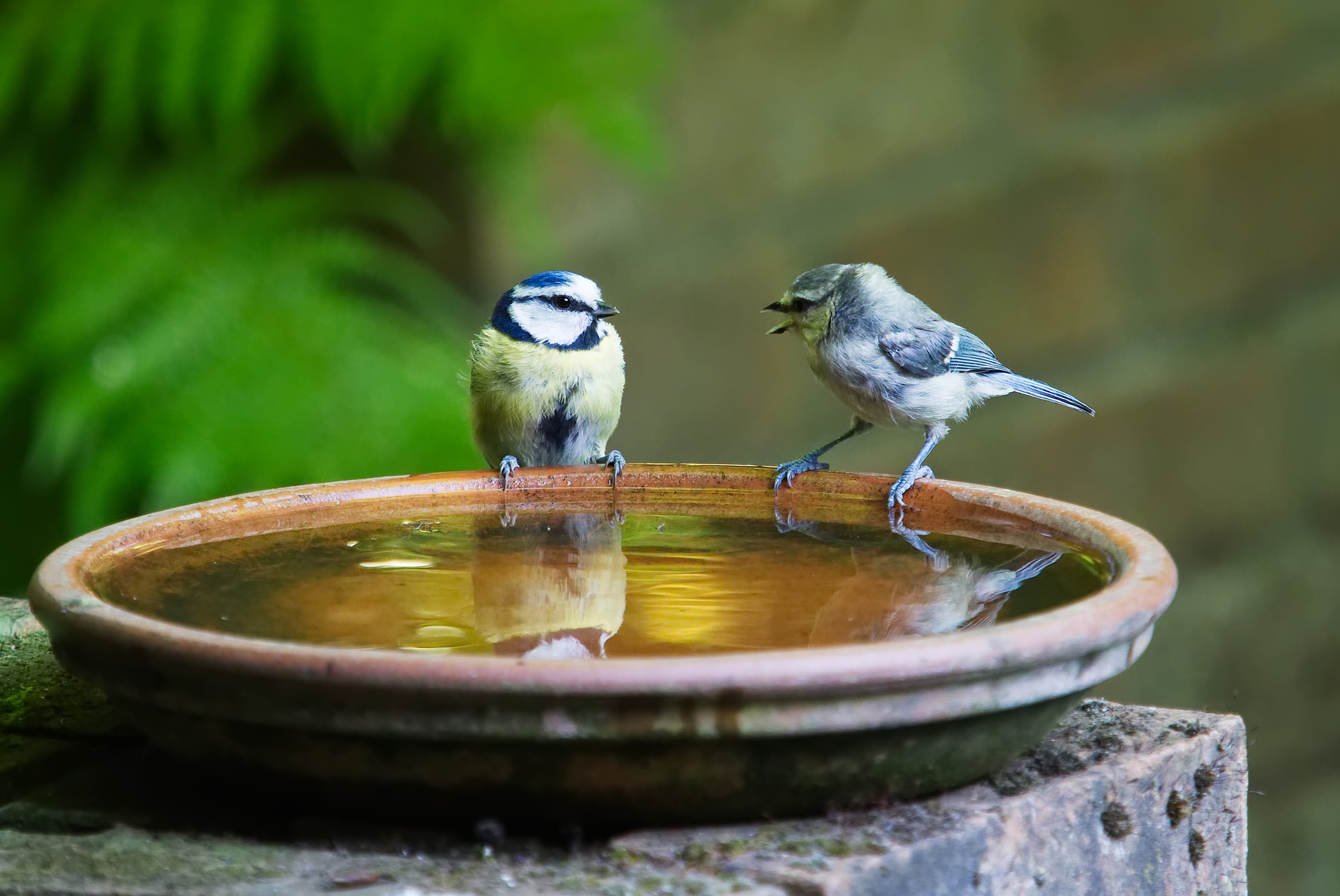
We’ve been talking about macro-level stuff on this blog so far, but I’ve yet to dive into some of the craft of writing — the wordsmithing part that all writers should know. So I’m starting this series of posts on craft. I hope this will become a regular thing. Today’s topic is dialogue. I assume
-
Your World is an Iceberg
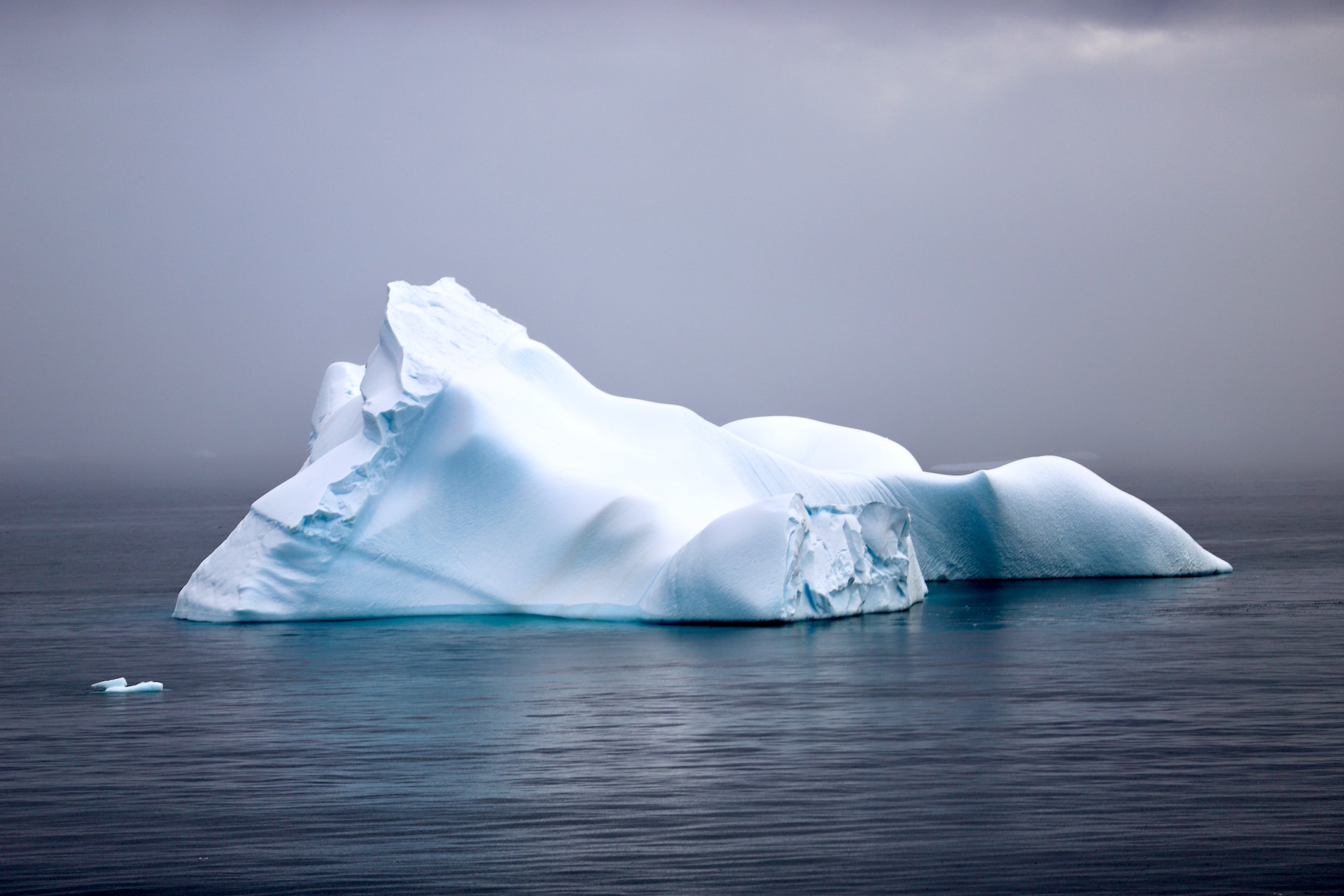
A question that every beginning writer asks is, “How much world building information do I need in my story? How much do I need to explain to the reader?” This comes up frequently for writers working in fantasy and science fiction, since world building is an integral part of the process. But every genre of
-
Use Randomness to Get Unstuck

So your characters are in a sticky situation, and you have no idea what happens next. Or your characters are at point A, and want to get to point B, but you don’t know what happens along the way. Instead of spending hours or days worrying over which one out of hundreds of possibilities would
-
The Problem with Inner Problems
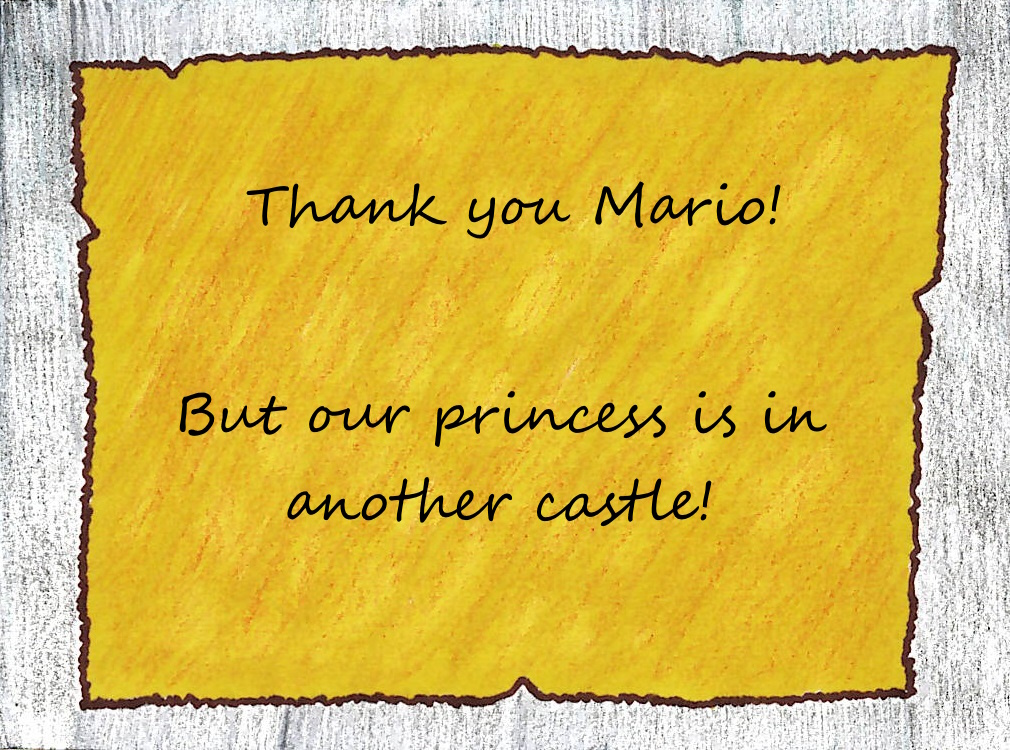
If you stick around writers’ circles long enough, you’ll hear some variant of the following axiom: “Every hero needs both an inner and an outer problem.” These days, you’re more likely to see “protagonist” or “main character” instead of “hero”, but the concept remains the same.
-
Message vs. Theme

In a previous post, I mentioned message as one of the essential ingredients for a story. I think it’s high time that I discuss what I mean by this.
-
Details Tell

Creative writing involves a lot of description — of people, of places, of things, of what is happening and what has happened. Writers spend more of our time describing stuff than we’d probably care to admit.